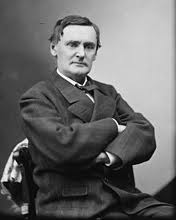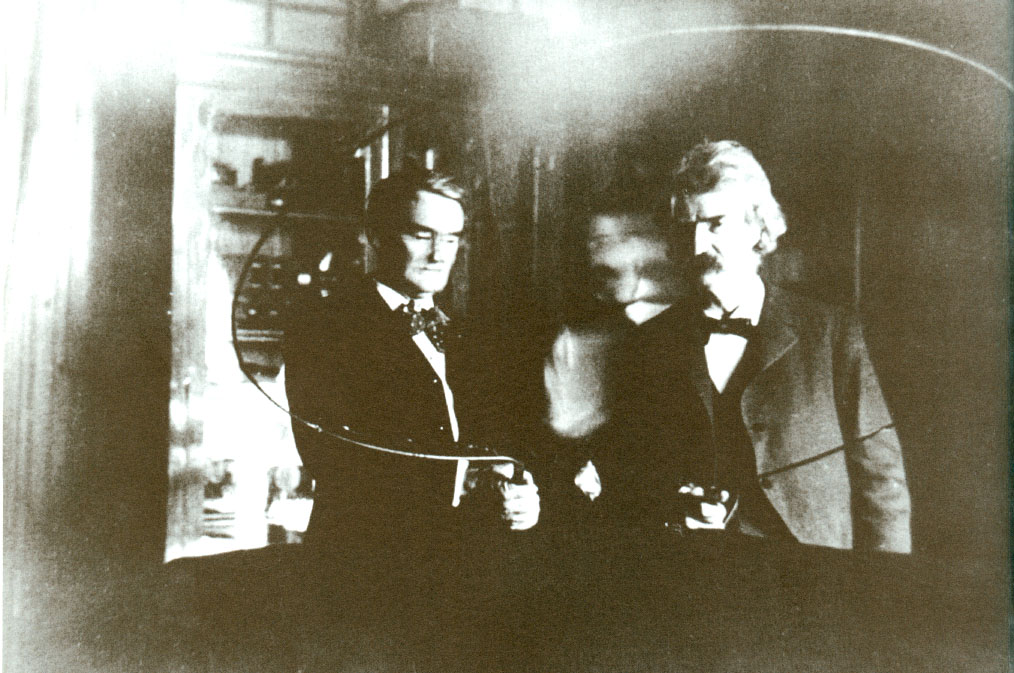 The choice to name the Committee after the successful nineteenth century actor Joseph Jefferson III included an accurate expectation that the awards would popularly be termed the Jeffs. Committee members also considered the professional accomplishments and particular ties to the city of Chicago of the namesake of the awards.
The choice to name the Committee after the successful nineteenth century actor Joseph Jefferson III included an accurate expectation that the awards would popularly be termed the Jeffs. Committee members also considered the professional accomplishments and particular ties to the city of Chicago of the namesake of the awards.
Two aunts of Joseph Jefferson III were members of the first professional theatre company to perform in Chicago. They arrived in 1837, the same year as the incorporation of the city. Joseph Jefferson III, aged 9, appeared with his actor parents one year later. (It is interesting to note that the attorney representing Joseph Jefferson II's company for licenses and other matters was Abraham Lincoln.) In a letter to theatre manager J. H. McVicker written in 1882, Joseph Jefferson III recalled, "I was the comic singer...and 'small first villager', now and then doing duty as a Roman senator, at the back, wrapped in a clean hotel sheet, with my head just peering over the profile banquet tables."
Following extensive touring in England and Europe and many years in New York, Jefferson returned to Chicago after what the Tribune described as "a Rip Van Winkle interval of twenty-eight years." Jefferson was highly successful in the role of Rip but had another reason to celebrate the Chicago visit. On December 20, 1867, Jefferson, the son and grandson of actor-managers, continued the tradition of theatrical families. He married Chicagoan Sarah Warren, granddaughter of William Warren, the brother-in-law of Joseph Jefferson I. Sarah's father, Henry Warren, was still another relative in Chicago theatre management, serving as treasurer of McVicker's theatre.
Click here for a video featuring Joseph Jefferson.

The photo above shows Joseph Jefferson with Mark Twain in Tesla's South Fifith Avenue Laboratory, 1894. Tesla's image is blurred between them.
For many years, Jefferson toured England and America, most frequently playing Rip Van Winkle, but also adding a new version of Sheridan's The Rivals to his repertoire. In this version, Jefferson's character of Bob Acres was so enhanced that one Christmas gift he received from colleagues was a copy of the play with all parts cut except for that of Bob Acres.
Jefferson appeared in Chicago nearly every season from 1880 to 1903, often in Rip Van Winkle, The Rivals, and Dion Boucicault's The Cricket on the Hearth. He played at McVicker's until 1895 and then, after J. H. McVicker's death, at the Powers Theatre. He appeared for the last time in Chicago in September 1903, and for the last time on any stage in May, 1904. He died in 1905 on April 23, the traditionally-accepted date of Shakespeare's birth and actual date of his death.
During his career, Jefferson was to be cited as the representative American comedian of our time." His acting style was praised as naturalistic and true-to-life. The reviewer for the Chicago Times wrote, Mr. Jefferson's impersonation of the character of Rip Van Winkle is one of the most natural and perfect that has ever been witnessed on the stage in Chicago," and the Tribune critic concurred with the statement that Rant-tatters and steam pressure passion have had their day."
Joseph Jefferson III was evidently held in great esteem by the profession as well as by the public. He has been written about with respect and affection by many of his contemporaries and was elected by colleagues the second president of The Players, following Edwin Booth and preceding John Drew. Along with these two actors and James O'Neill (father of Eugene), Jefferson was to enjoy the emerging star system in the United States. In addition to appearing on the stage, in later life he lectured, wrote an autobiography, and was considered a talented and prolific landscape painter.
